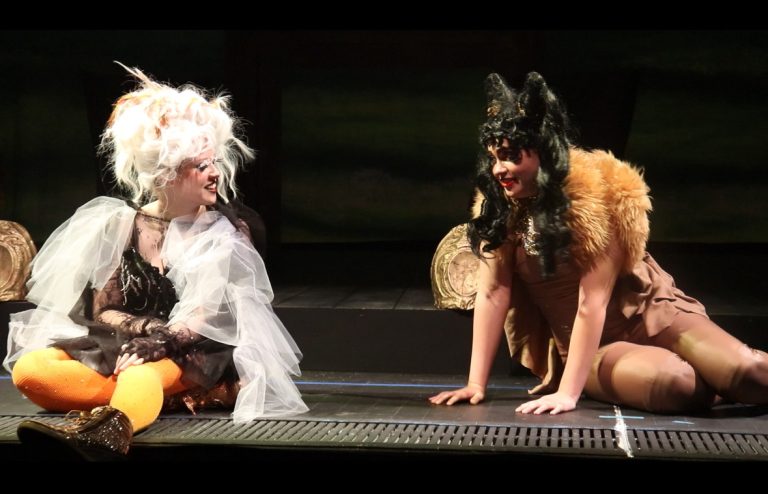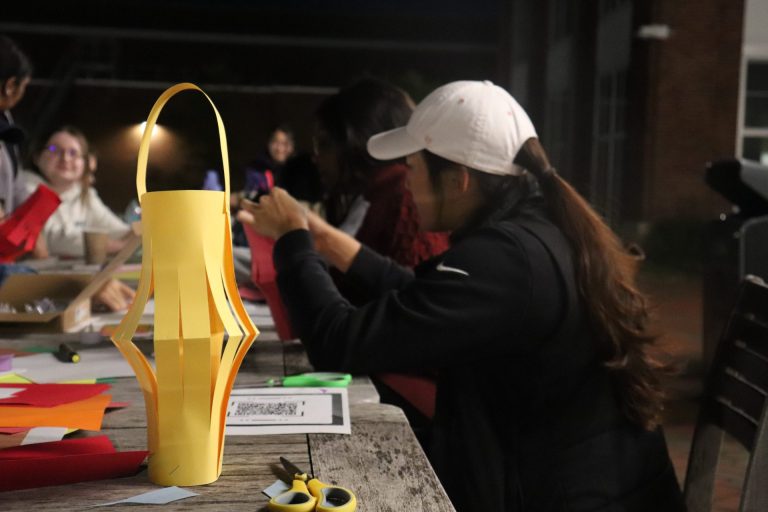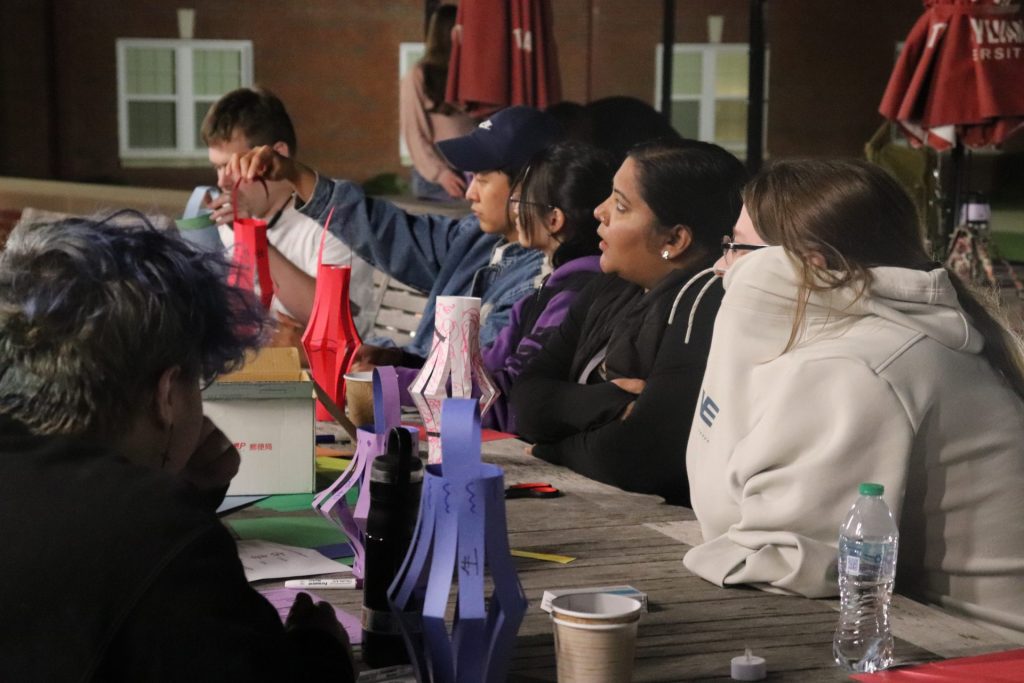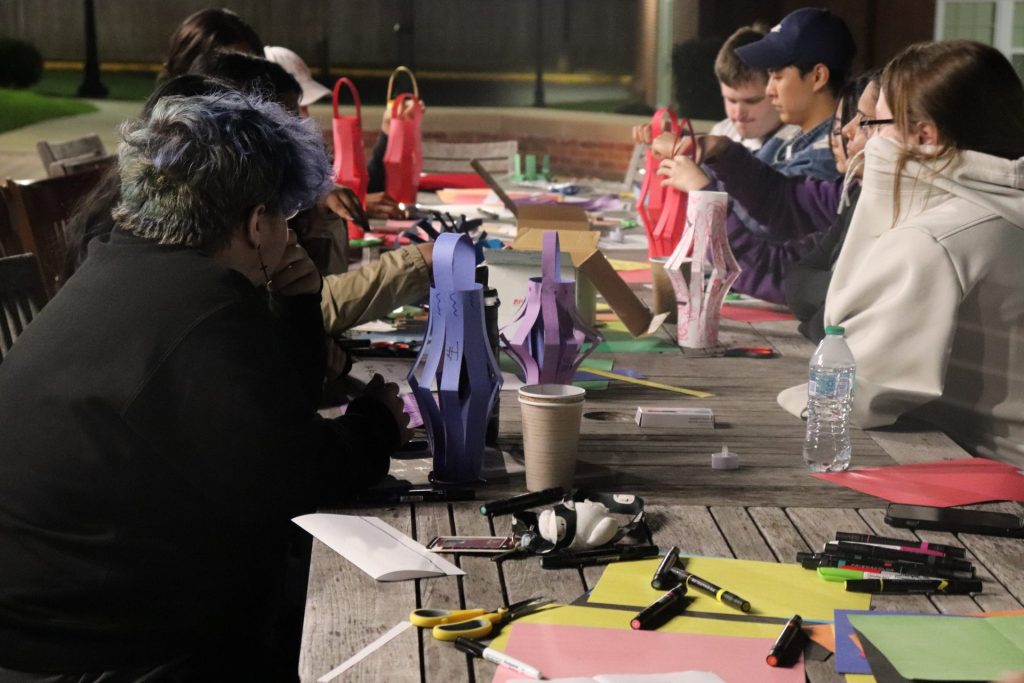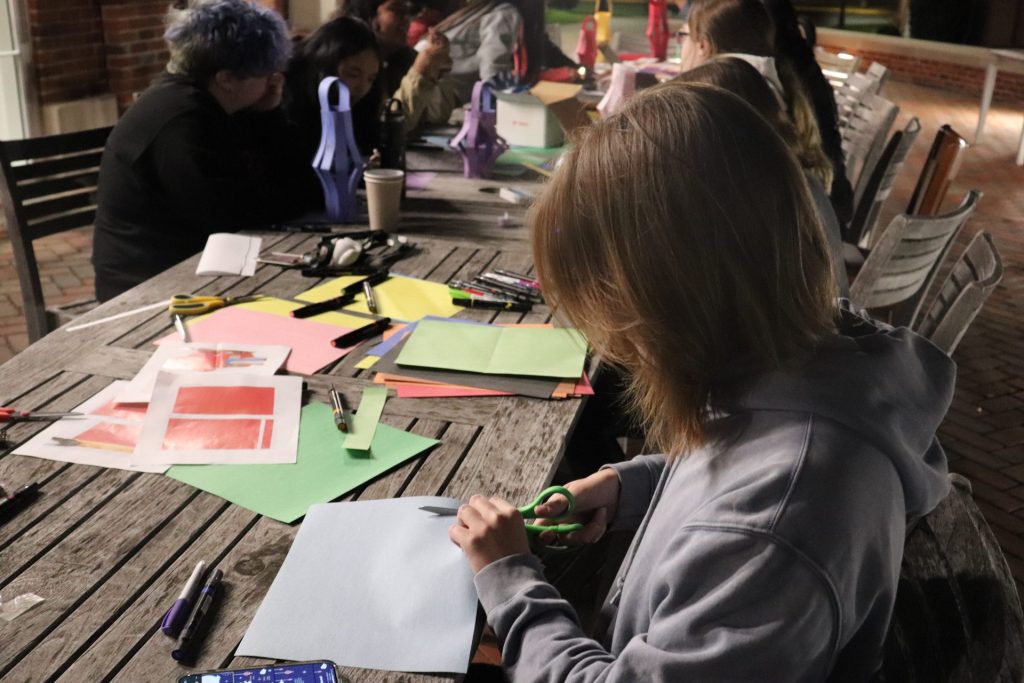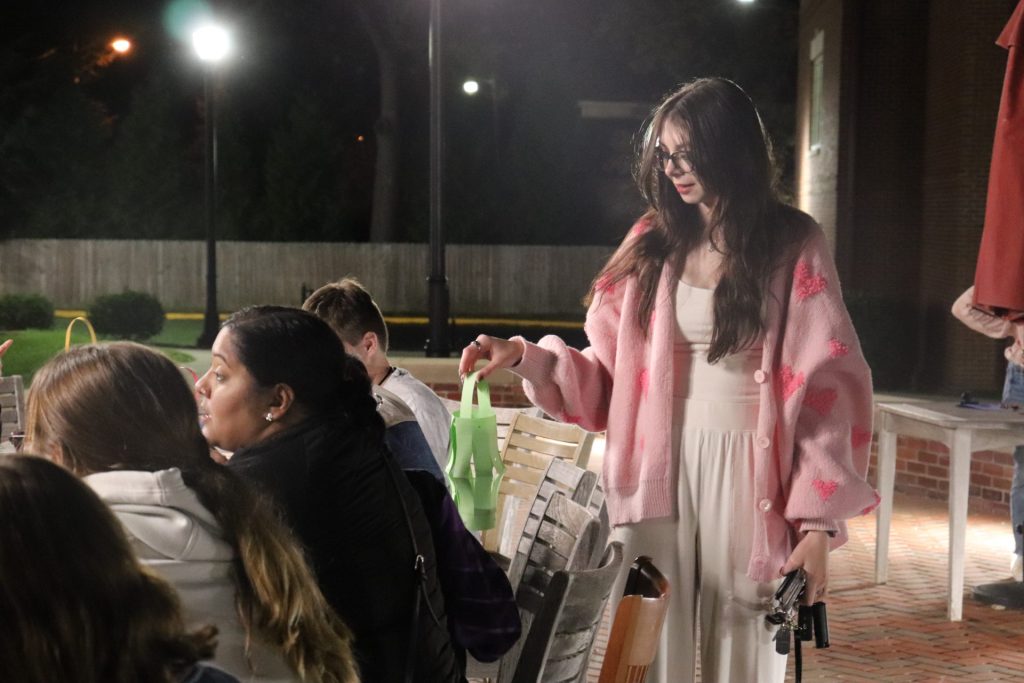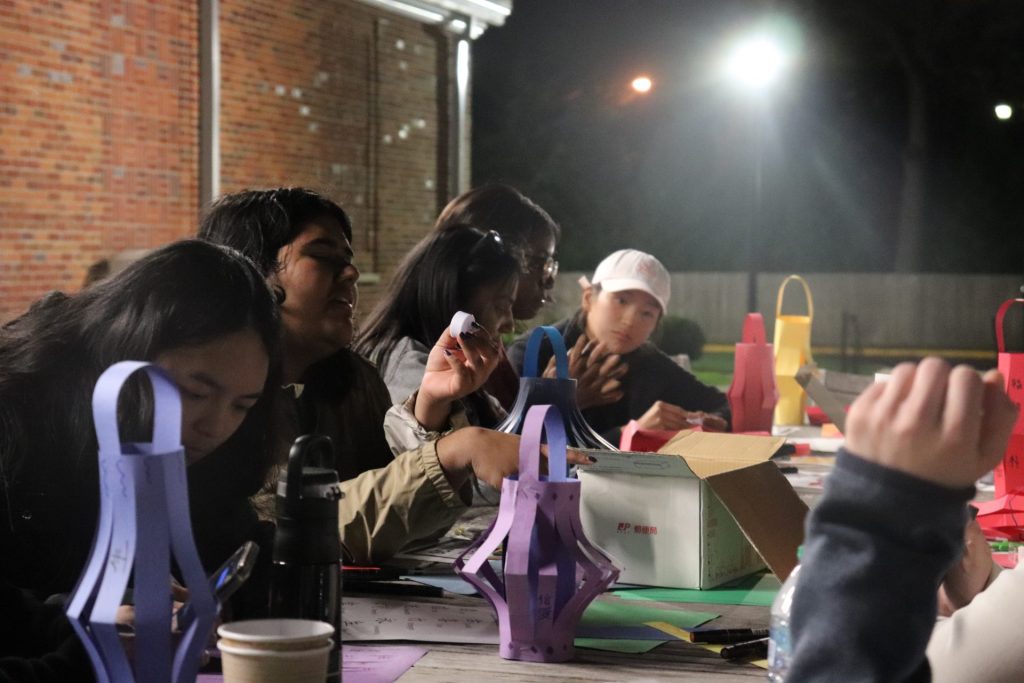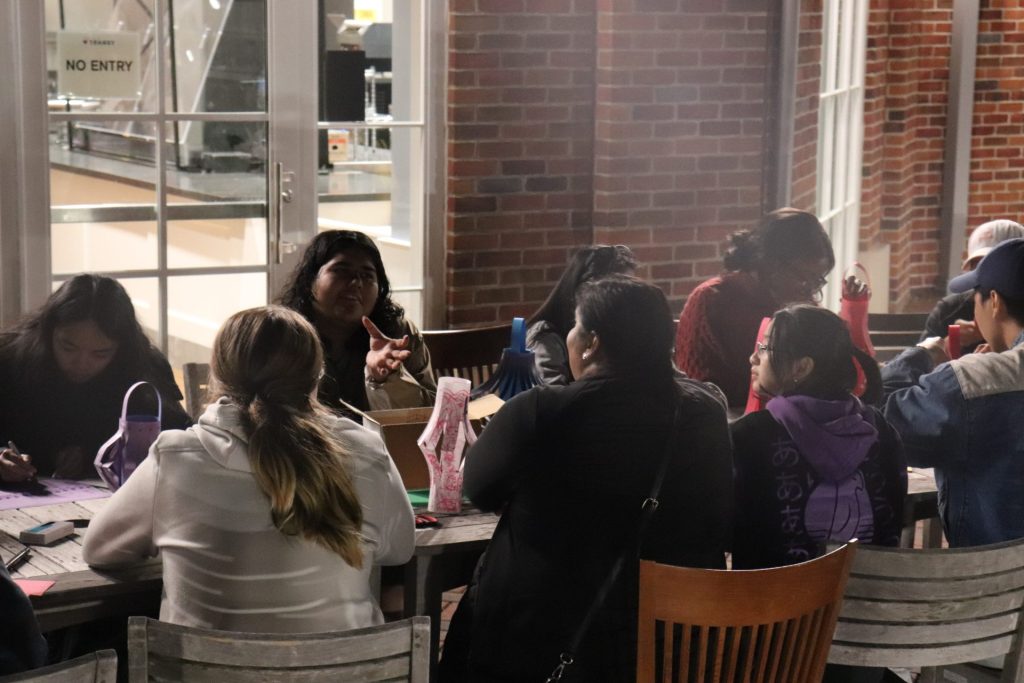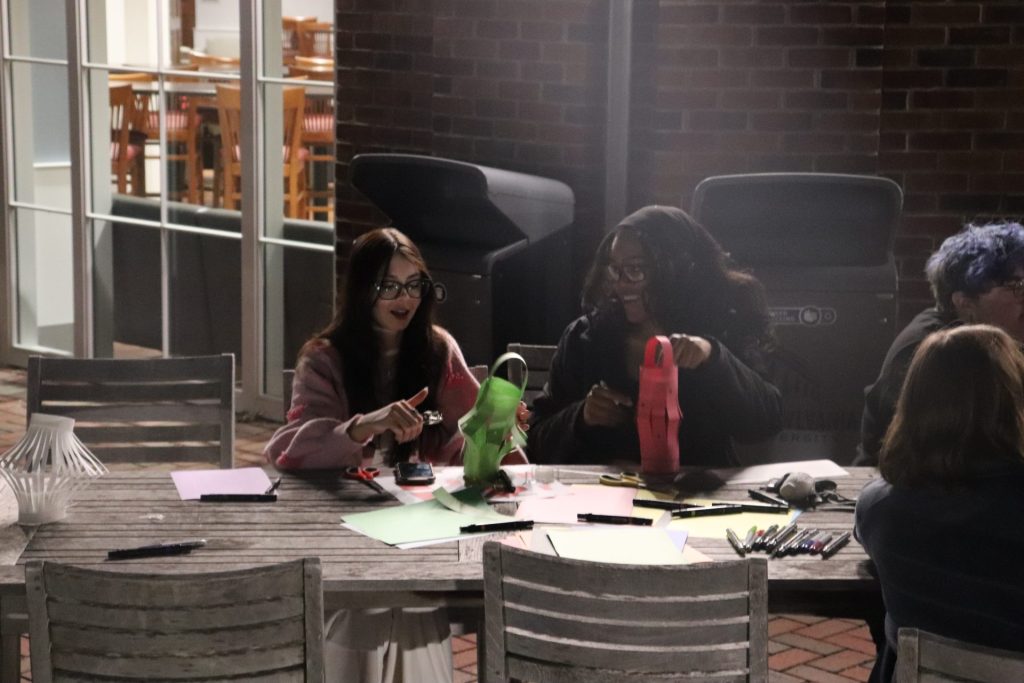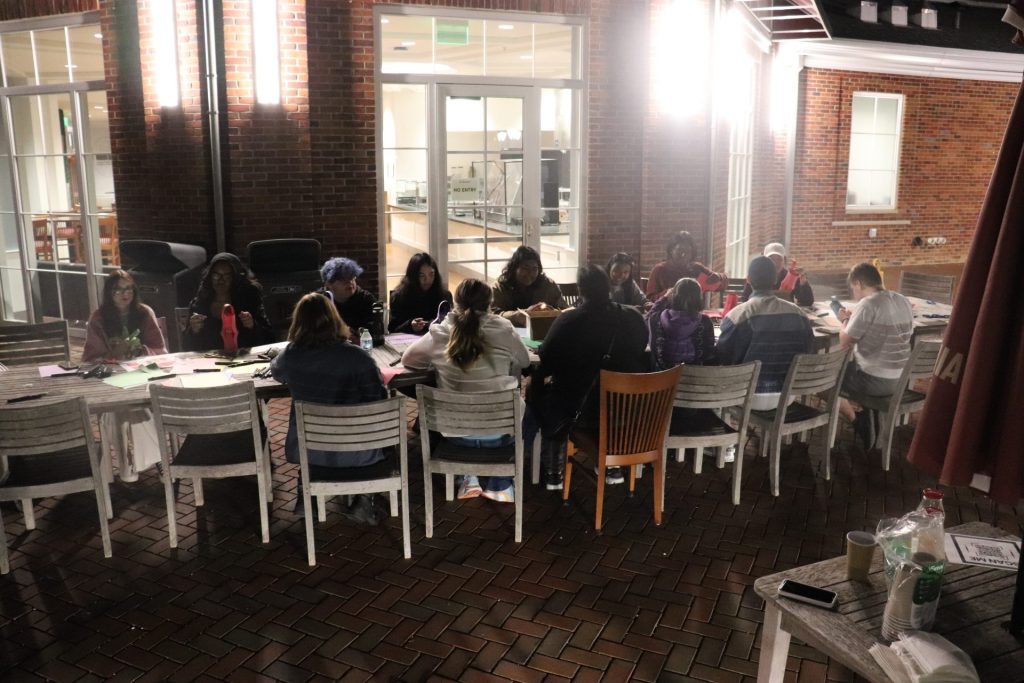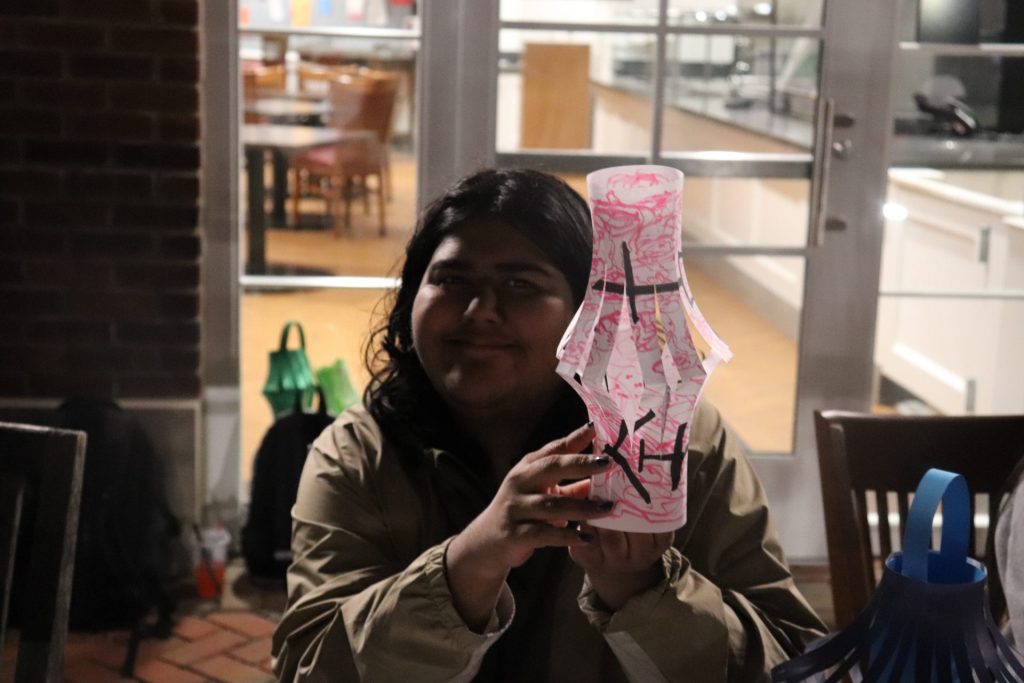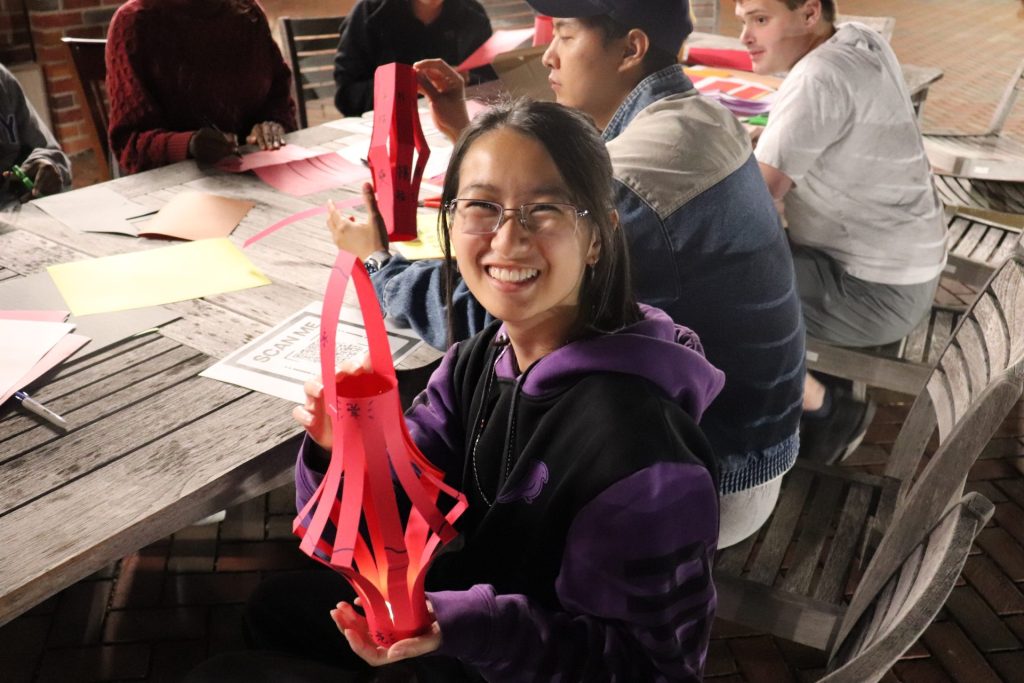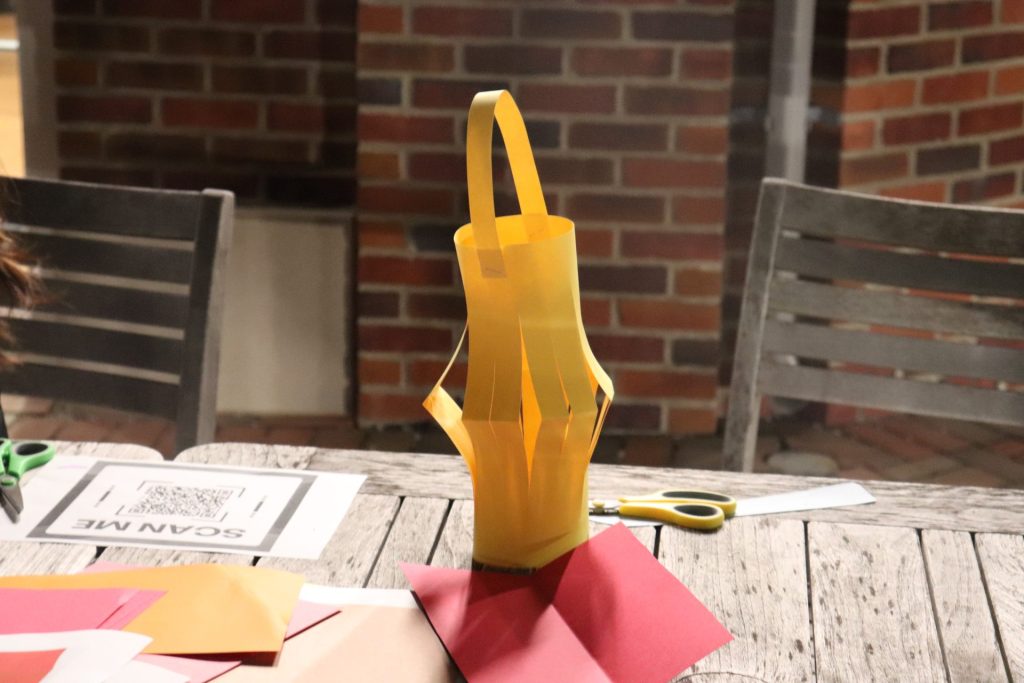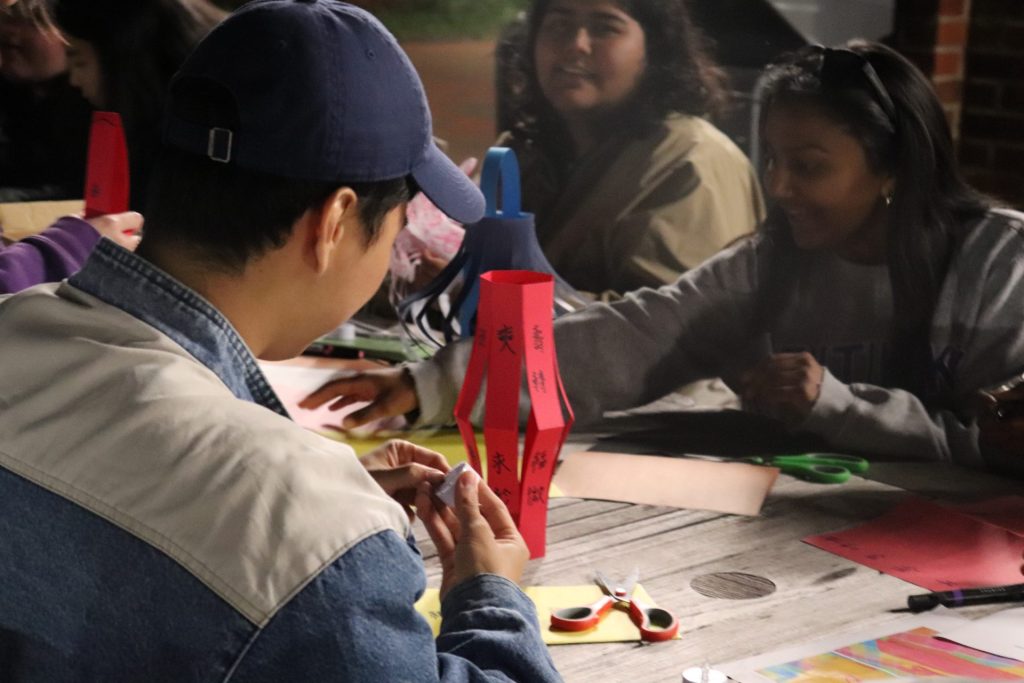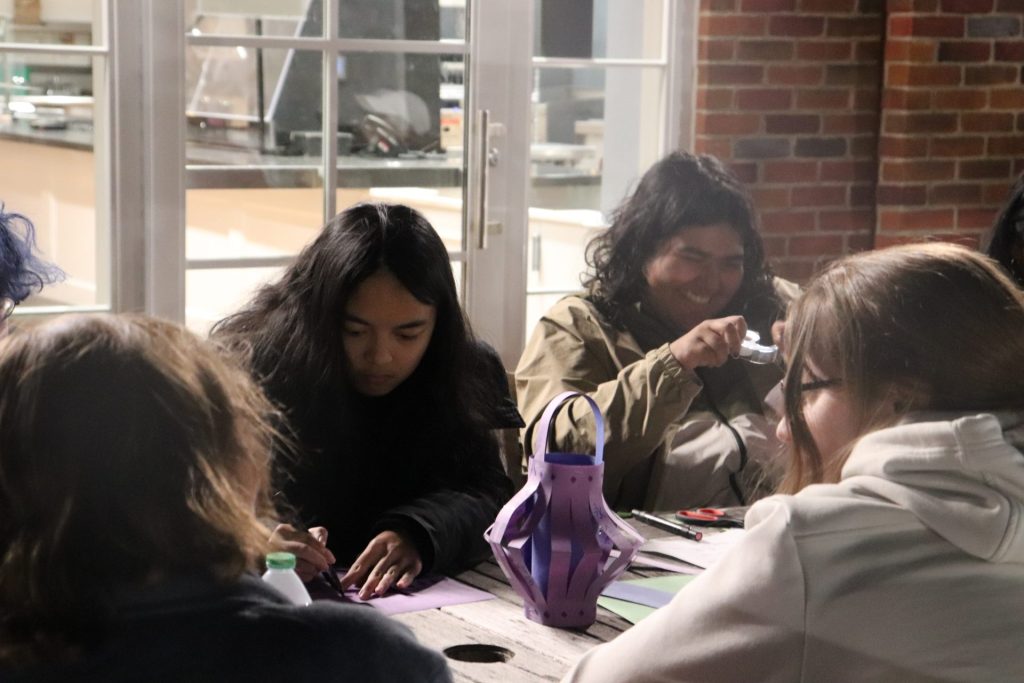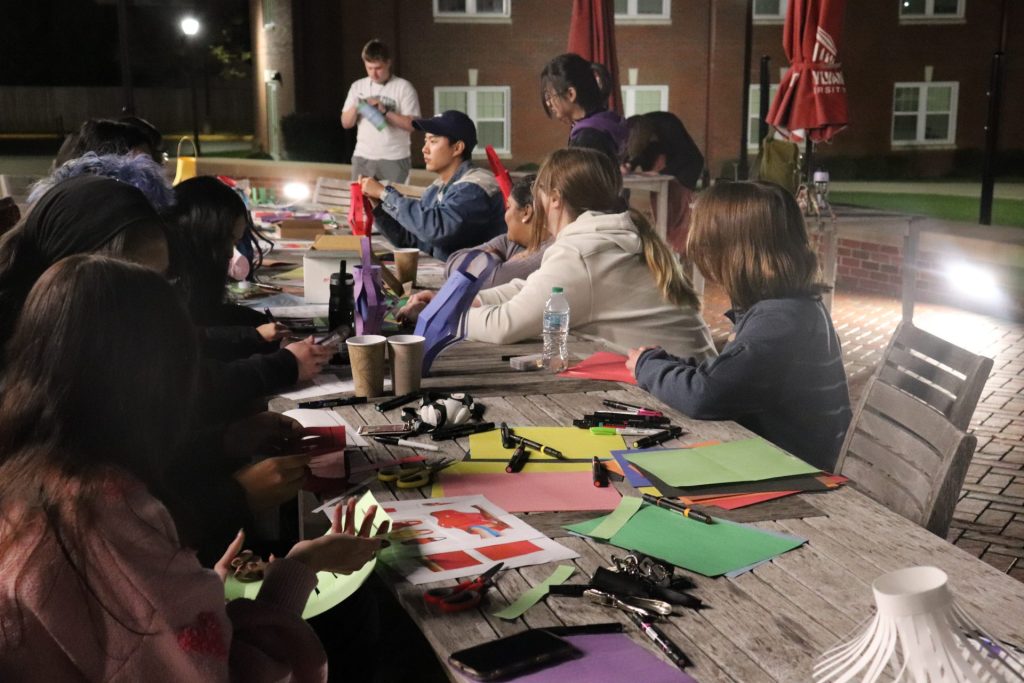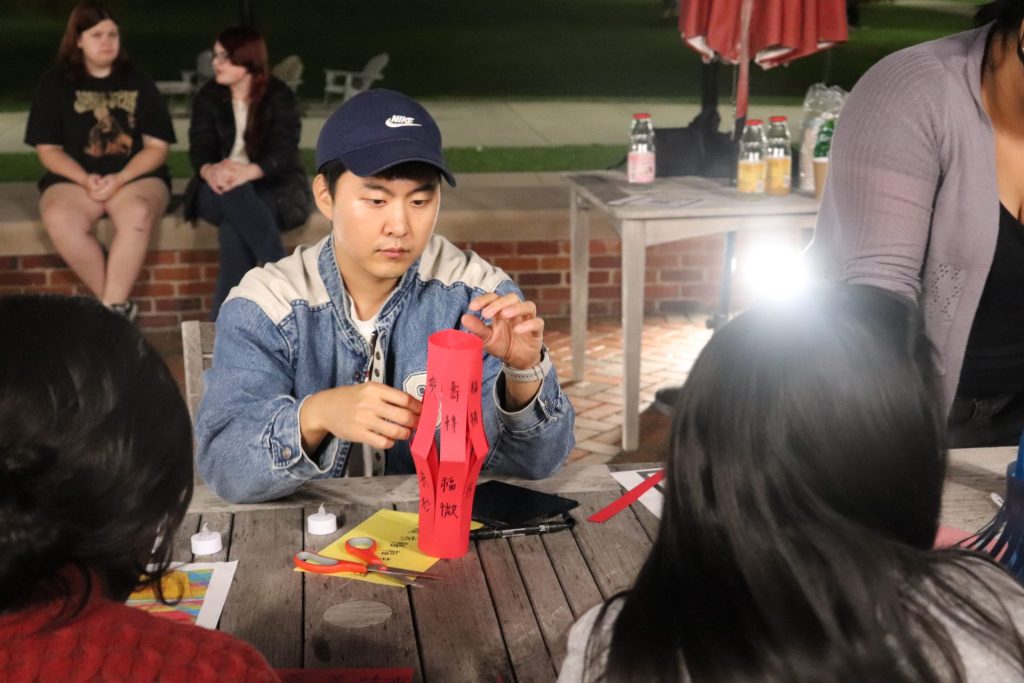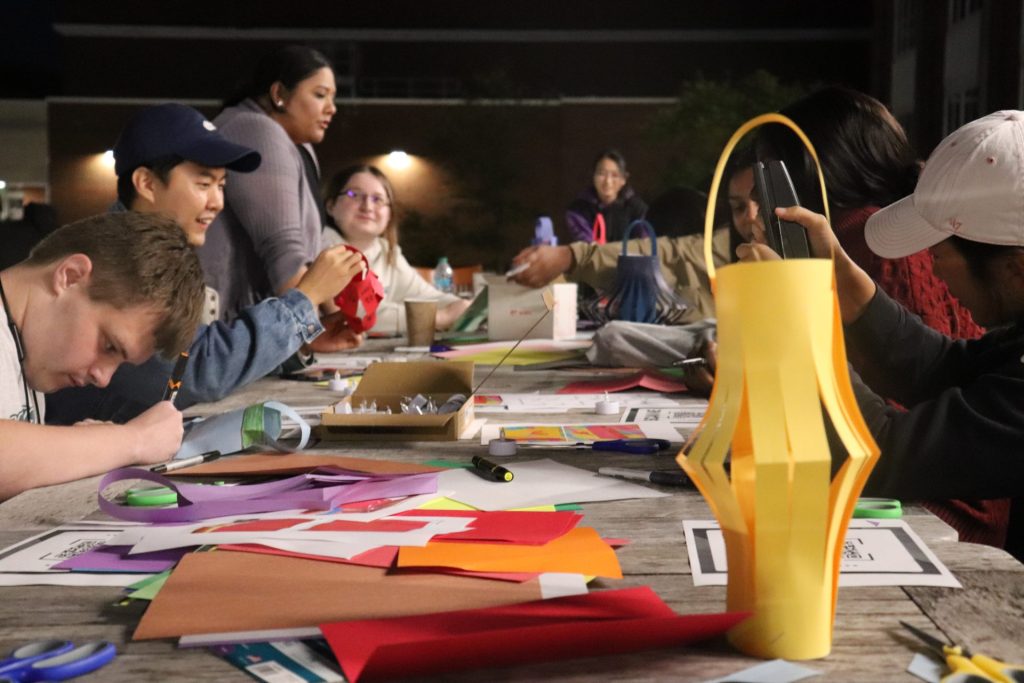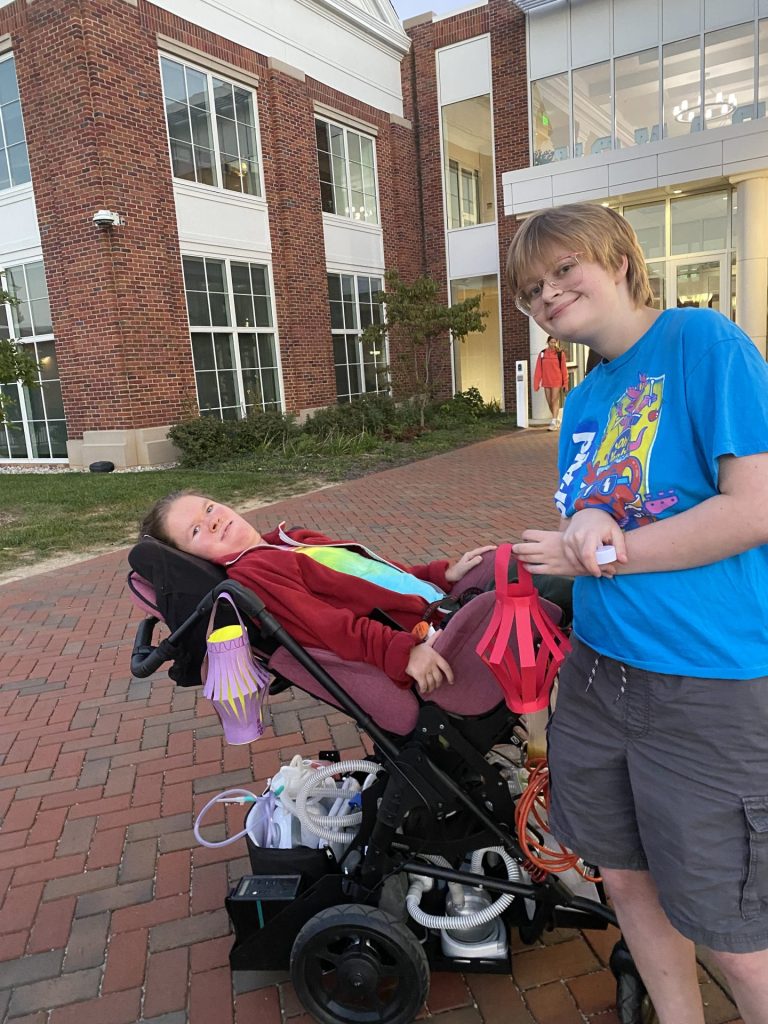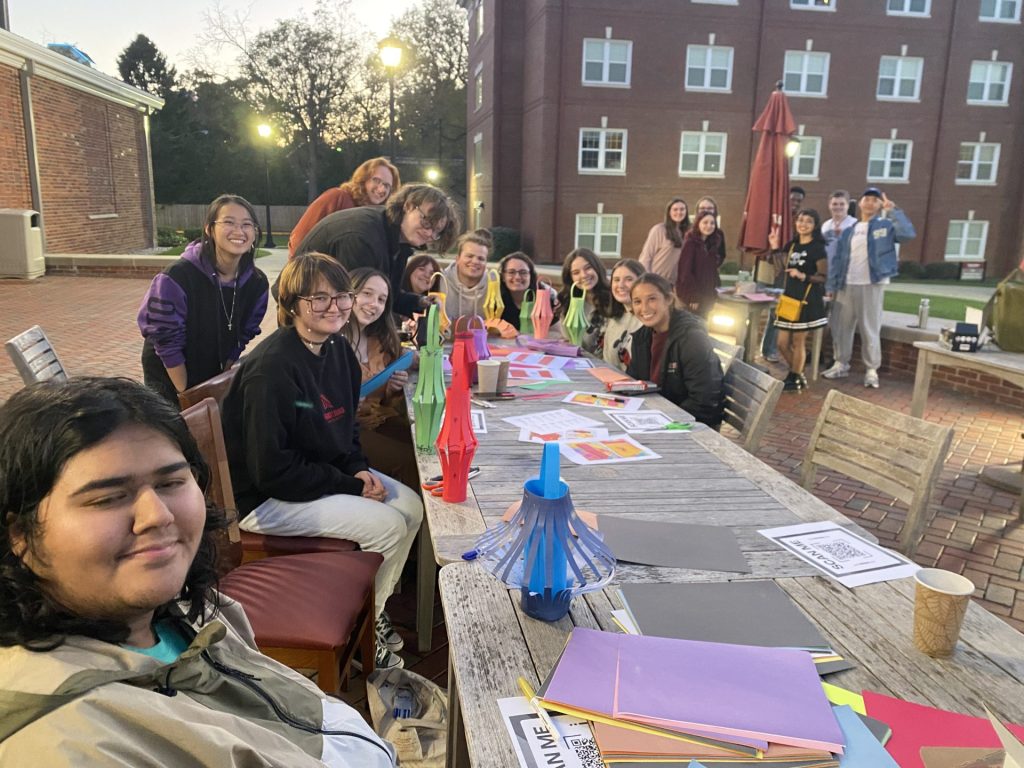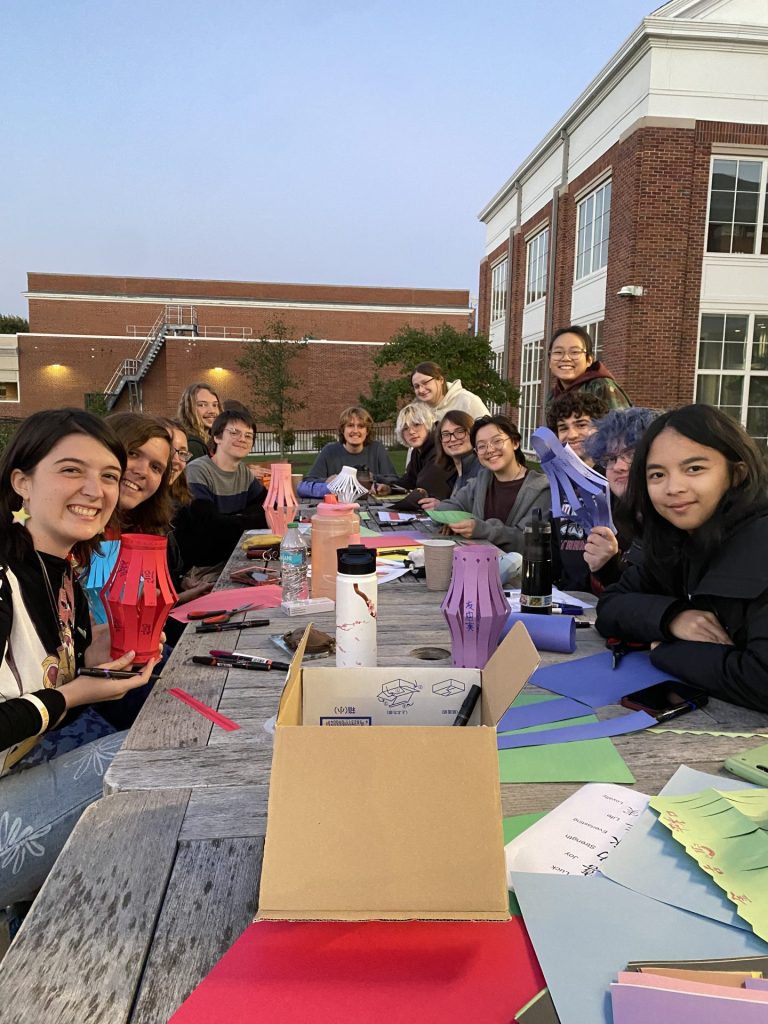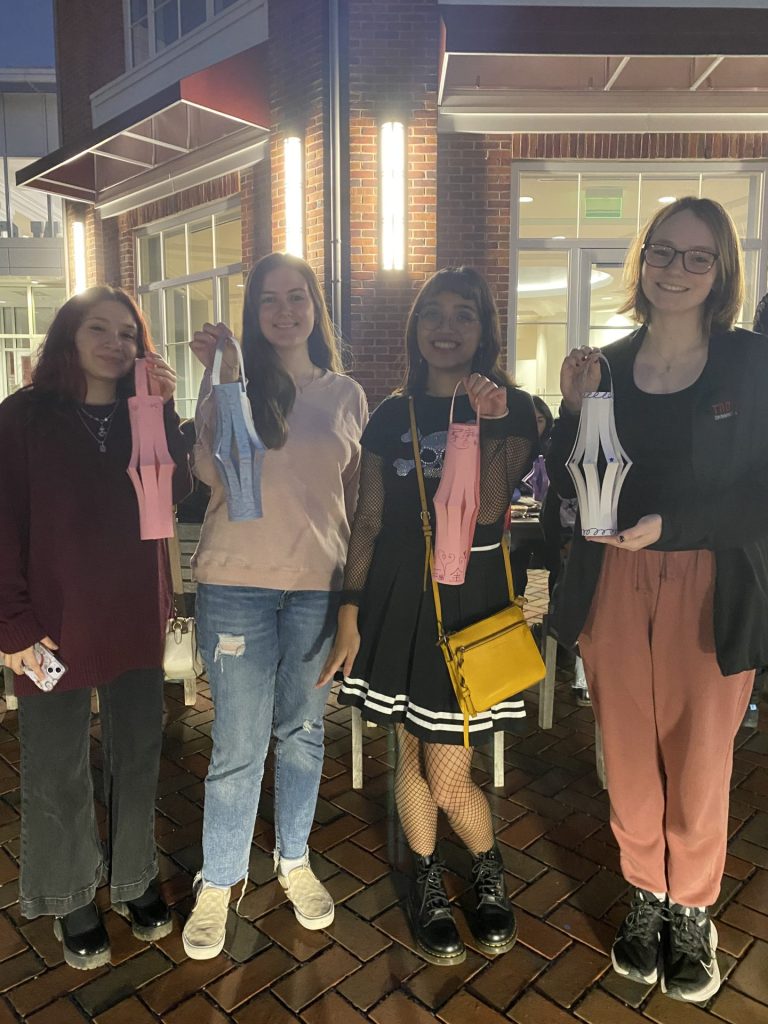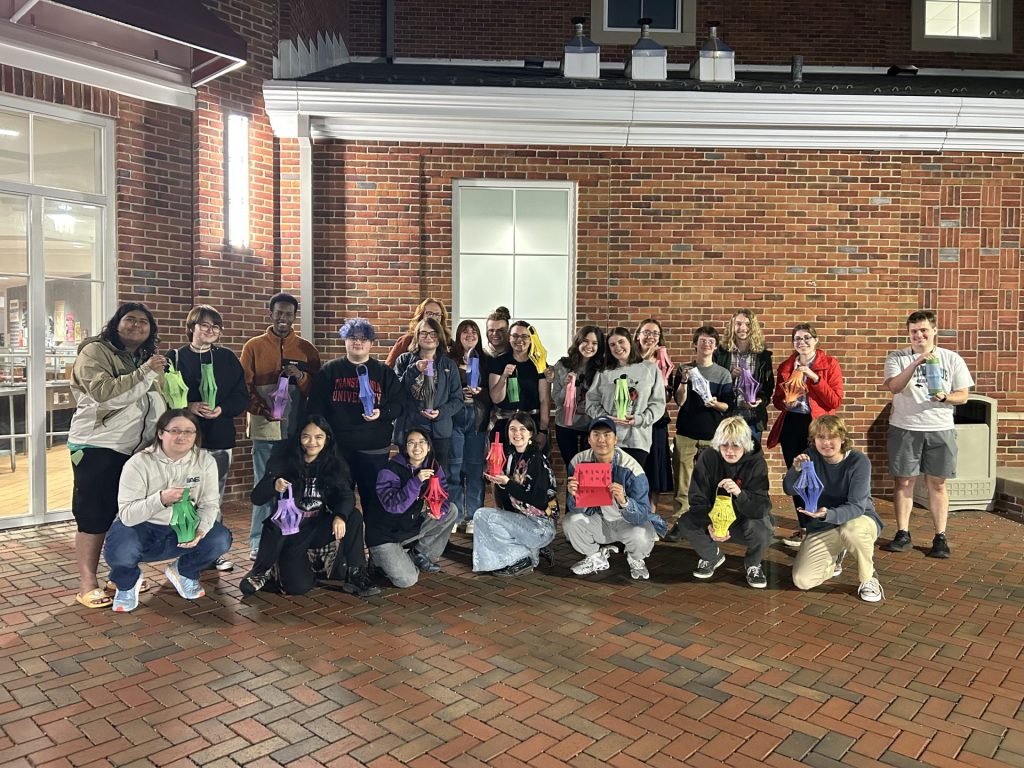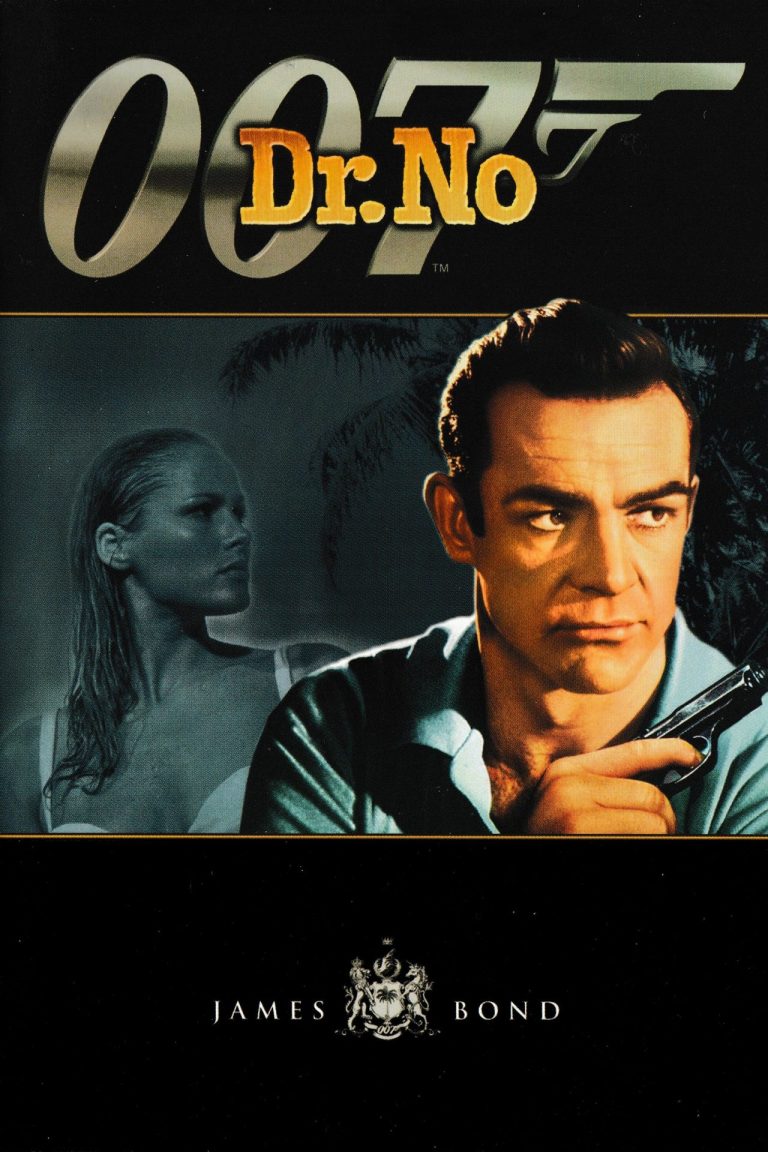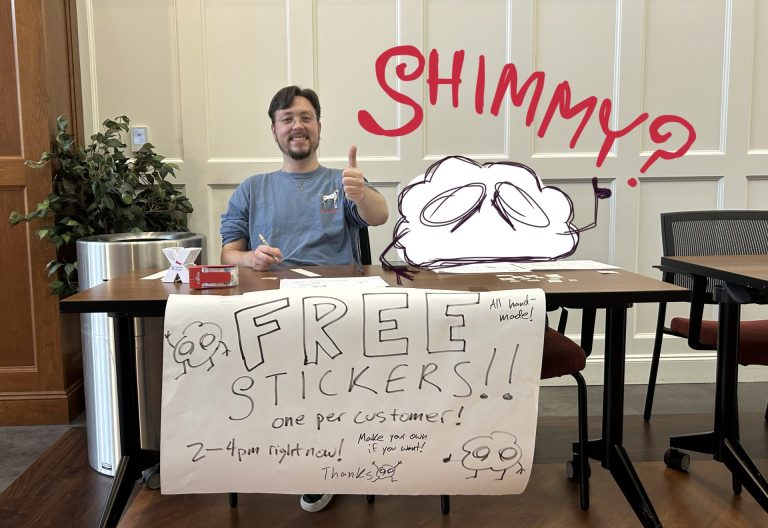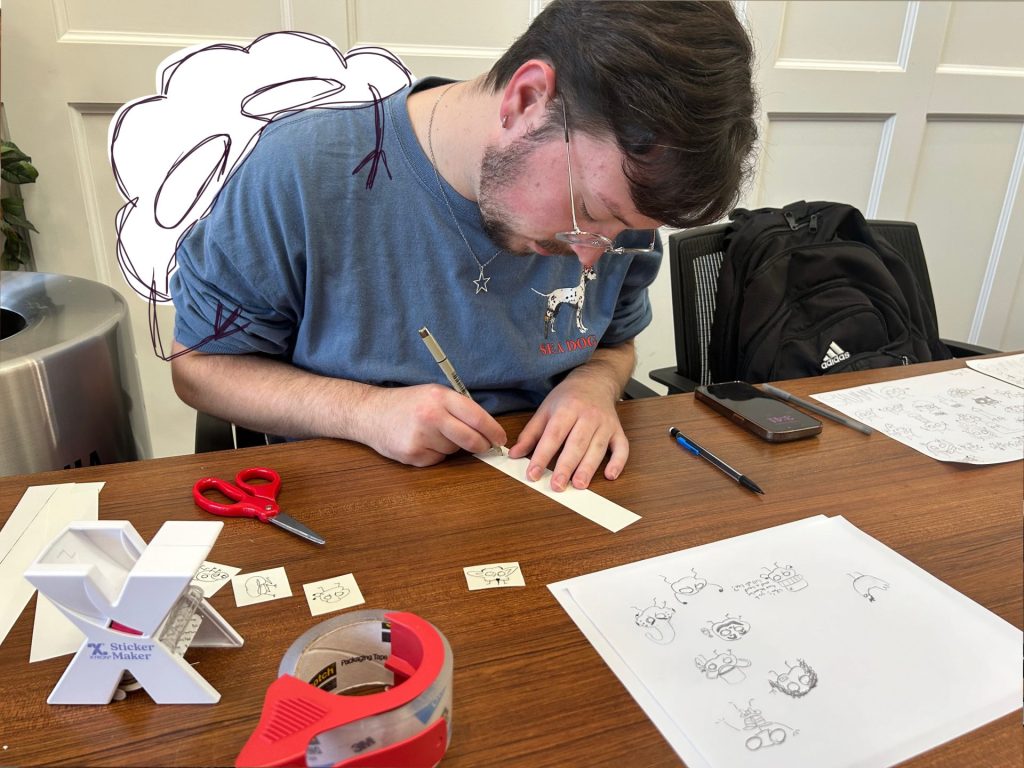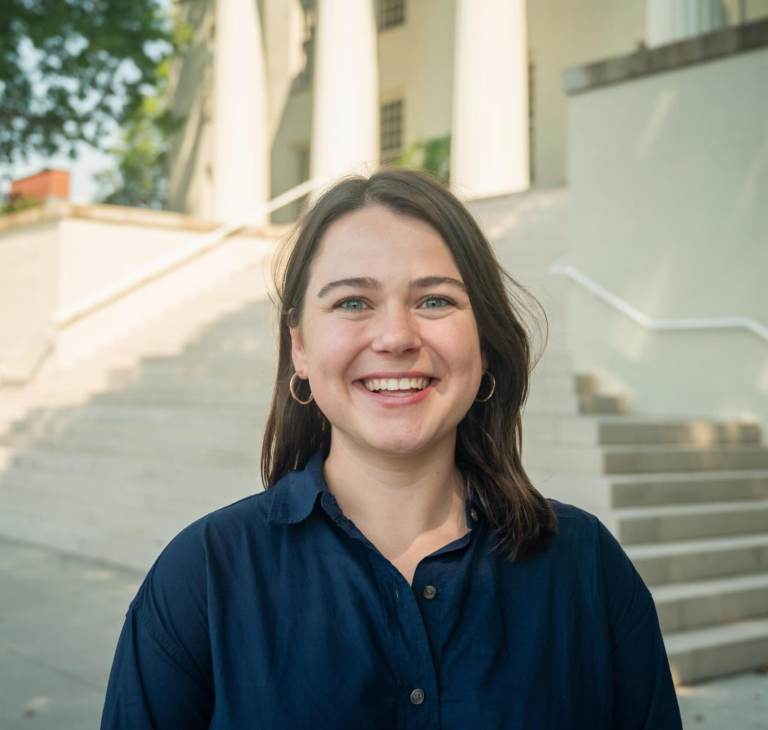This semester, I started taking Ordinary Americans, a class that studies the lives of everyday Americans and how their actions have led to change within the nation. The class is being taught by Dr. Hannah Alms, a new member of the history faculty at Transylvania for this year. Last week, I had the pleasure of sitting down with her to talk about herself and her goals for her first year at Transy.
Would you like to introduce yourself?
Sure! I’m Hannah Alms and I’m a professor in the history program teaching American History. I am from North Carolina originally, but I have also lived in Indiana and moved here from Virginia at the beginning of August. I’m very excited to be working with Transy students.
Why did you choose history as your field of study?
Well, I enjoyed history for a long time. I was a big reader when I was a kid, and growing up, I was kind of working my way through the public library. I vividly remember going from the fiction section to the nonfiction section, going upstairs to the second floor and reading all these biographies, and realizing that these stories about real people were just as interesting to me as the fiction I had been reading.
I remember reading these biographies of the Kennedys and the Roosevelts and there was this secondary character who didn’t have a biography. I talked to my dad and I was like, “I can’t believe they don’t have a biography of this person!” And he said, “Well, maybe there’s not a biography. Maybe no one’s written a book about this person.” And then I kind of realized that it was someone’s job to figure out what happened in the past and learn about these people so they could write these books, and I thought that would be a cool job to have.
Why did you want to teach at Transy?
I wanted to teach at a place where I could work closely with students, and Transy definitely fits that bill. I also had a very good experience throughout the interview process. Everyone was very kind and welcoming and excited about teaching and learning, which was an attitude that really drew me in.
Since this is your first year at Transy, is there anything you’re particularly excited about?
One of the things that’s great about working in higher ed is that you’re constantly learning inside and outside the classroom. So I’m excited about the different speakers that are coming to campus- the novelists and the poets. I’ve also heard that the pumpkins at Halloween are fun, so I’m looking forward to that.
How would you describe your teaching style?
How would you describe my teaching style?
I don’t know! I’ve only had a few classes with you so far. I know you engage with the class a lot.
Yeah, I’m much more focused on discussion and student participation; I don’t do a lot of lectures. I like for it to be a welcoming class where points of confusion or misunderstanding can be a basis for conversation rather than something that has to be papered over or ignored. In a history course, being able to discuss and analyze these primary sources as a class is key to understanding them better.
Why do you think this is so important?
It helps students become historians themselves. Rather than learning from an author, they’re the ones actively investigating the sources and evidence we have for understanding the past. Being able to closely examine something, understand what it’s telling us, and knowing what kinds of evidence can support an argument are all skills that I think can help students inside and outside the university.
What are your strengths as a professor?
(Laughs) How about I just say what I enjoy the most?
Go ahead.
The thing that I enjoy most as a professor is not grading, necessarily, but engaging with students’ work. Offering comments and feedback on students’ work and seeing that work improves over time. I think being in conversation with students is more important than grading.
I also enjoy getting to know students’ points of view on academic or intellectual interests, both inside and outside of class. If there are students who share their opinions about the reading or make connections to other classes, I try to remember and reference those things so I can improve the classroom experience for that student and others in the class.
What do you hope to achieve during your time at Transy?
Becoming a part of the campus community and offering classes that are relevant and beneficial to students, as well as making American history something that students can understand both as it relates to their own lives and the broader narratives of American history.
We’ll end with a fun one: What’s your favorite random history fact?
Ok. This is not a fun fact, but it is something I think about all the time because it kind of shifted how I thought about things.
In the 1970s, the U.S. almost passed a law for universally subsidized childcare. It came very close, it had bipartisan support, but it just didn’t end up happening. And the reason I think about that a lot is because that was fifty years ago now, and daycare is still an unsolved social and political problem. And to me, that kind of forces my brain out of the default mindset of “progress”; that 21st century America is fundamentally improved in some way from the past.
It sort of flips our sense of progress and reminds us that anything is possible, but nothing is guaranteed. If we want it to happen, we’ll have to work to make it happen.



